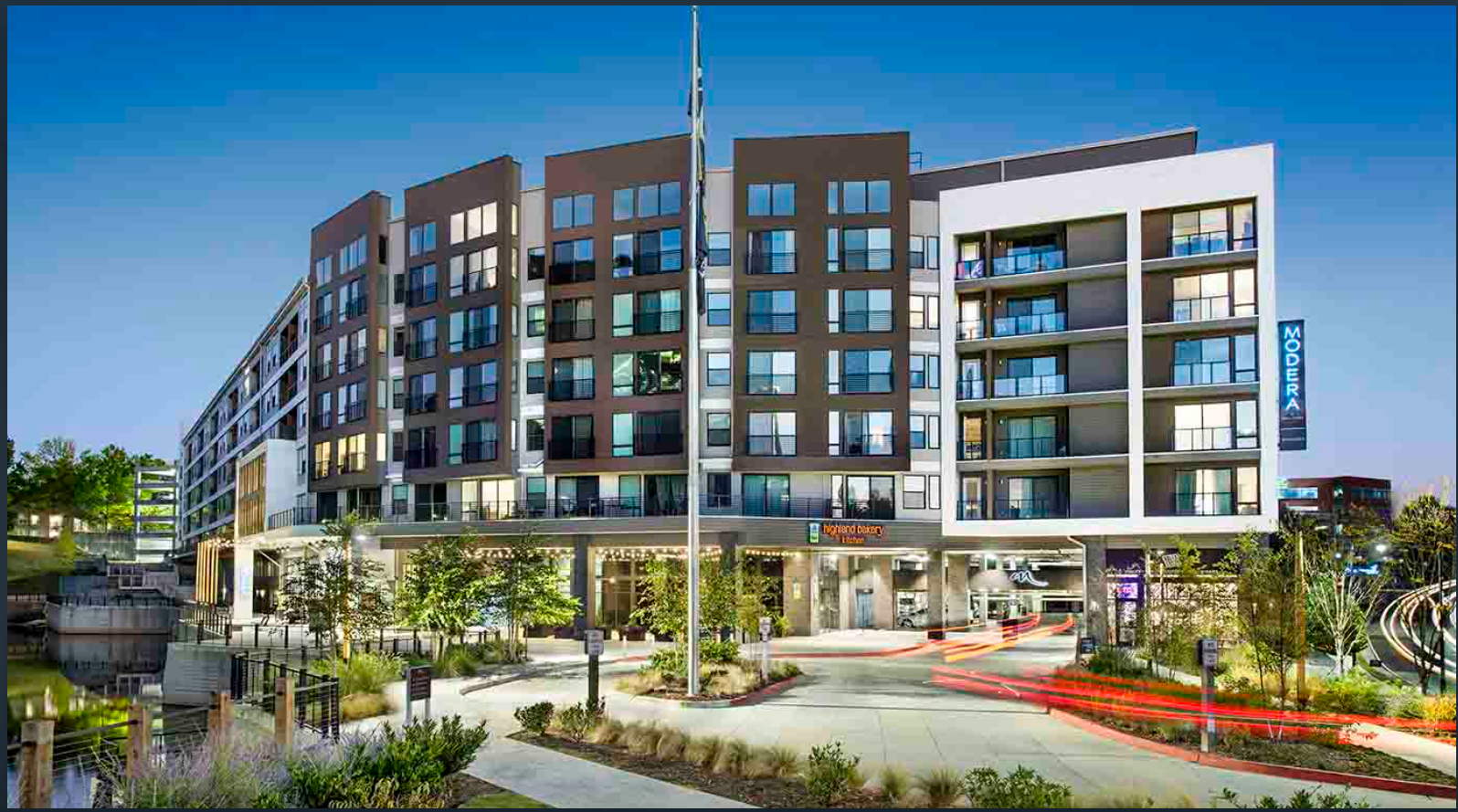How to Build a Smart Home on a Budget in 2025
https://buymeacoffee.com/kaysogy/how-build-smart-home-budget-2025
 Creating a smart home doesn’t have to break the bank. With the rapid advancements in smart home technology and real estate automation, homeowners can now integrate intelligent devices affordably. Whether you are a first-time homeowner or an investor looking to boost property value, this guide will help you build a cost-effective smart home in 2025.
Creating a smart home doesn’t have to break the bank. With the rapid advancements in smart home technology and real estate automation, homeowners can now integrate intelligent devices affordably. Whether you are a first-time homeowner or an investor looking to boost property value, this guide will help you build a cost-effective smart home in 2025.
1. Prioritize Essential Smart Home Features: Before diving into the latest gadgets, make a house hunting checklist of smart features that matter most. Focus on security, convenience, and energy efficiency. Essential budget-friendly smart home devices include:
Smart thermostats: Devices like Google Nest or Ecobee help regulate temperature and cut energy costs.
Smart lighting: Affordable bulbs from Philips Hue or Wyze can be controlled via apps.
Video doorbells: Options like Ring and Eufy provide enhanced security without costly surveillance systems.
Smart plugs: Convert traditional appliances into smart ones with brands like TP-Link Kasa.
2. Shop Smart with Discounts and Bundles: Many retailers offer deals on smart home devices, especially during Black Friday, Cyber Monday, or end-of-season sales. Check online property listings and e-commerce platforms for discounted bundles. Buying smart home kits instead of individual devices can significantly reduce costs.
3. Use DIY Installation to Cut Costs: Most smart home devices are designed for simple, DIY installation. By setting up products yourself, you save on professional installation fees. Utilize online guides, video tutorials, or real estate mobile apps to find cost-saving installation tips.
4. Opt for Multi-Function Devices: Instead of buying separate products, choose gadgets that serve multiple purposes. Examples include:
Smart speakers with voice assistants (like Amazon Echo or Google Nest Hub) that control lighting, security, and appliances.
Security cameras with built-in motion sensors and alarms, eliminating the need for extra security systems.
5. Utilize Free and Open-Source Smart Home Platforms: Avoid expensive software subscriptions by using free platforms like Home Assistant, OpenHAB, or SmartThings. These solutions provide cloud-based real estate solutions, enabling seamless control over various smart home devices.
6. Invest in Energy-Efficient Smart Devices: Sustainability is a major trend in real estate market trends. Consider sustainable real estate solutions like smart thermostats, motion-sensor lighting, and solar-powered security cameras to lower energy bills and increase long-term savings.
7. Secure Your Smart Home Without Extra Costs: With smart devices connected to the internet, real estate data security is crucial. To protect your home from cyber threats:
Use strong passwords and enable two-factor authentication.
Regularly update device firmware.
Set up a separate Wi-Fi network for smart devices.
8. Upgrade Gradually Instead of All at Once: Building a smart home on a budget is best done in stages. Start with fundamental devices and expand over time. Prioritize gadgets that align with your property investment strategies and enhance your home's resale value.
9. Leverage Rental Property Automation: For landlords, rental property management can benefit from smart home features. Affordable tools like smart locks and automated HVAC controls help streamline tenant experiences while keeping operational costs low.
10. Enhance Home Design with Smart Tech: Incorporating smart home features into interior design inspiration enhances the overall aesthetics and functionality of your home. Sleek smart lighting, voice-controlled blinds, and automated entertainment systems can create a modern, tech-savvy living space.
Conclusion: Building a smart home on a budget in 2025 is achievable with the right strategies. By prioritizing essential features, shopping smart, and using digital property management tools, homeowners can create an intelligent and efficient home without overspending. Whether for personal use or investment, integrating smart home technology is a future-proof approach to homeownership.
Comments
Post a Comment